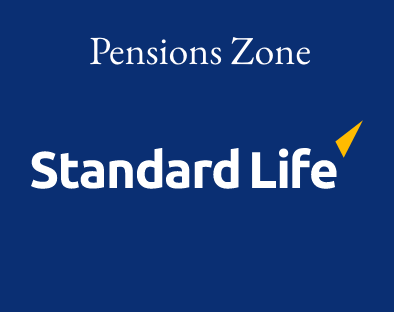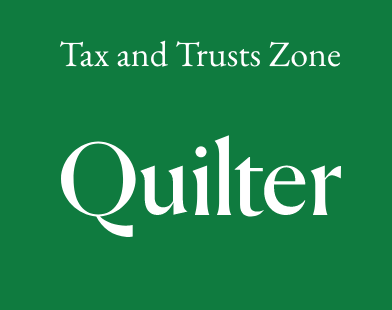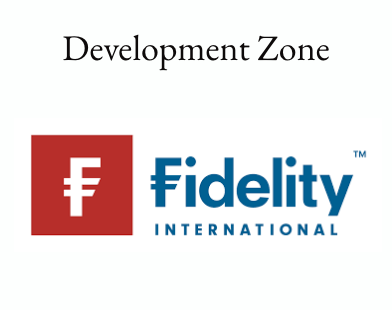A perfect storm of rising inflation and market volatility is prompting advisers to rethink their centralised retirement proposition (CRP).
A new report by consultancy AKG “Coming back to the table on CRPs” found that firms believe advising clients in retirement and drawdown is riskier and more expensive than advising clients in accumulation, with risks exacerbated once clients start to take income.
AKG said centralised retirement advice and planning processes will be key to supporting consistency and targeting positive client outcomes.
The report, sponsored by Investec Wealth & Investment, revealed that nearly three quarters (73%) of advisers said their firm had already launched a separate/ distinct CRP. A further fifth (19%) are planning to do so in the next 12 months.
Just over three fifths (63%) of advisers said their firm’s CRP is outsourced to a discretionary wealth manager, with the remainder choosing to manage their CRP in-house.
For the majority (64%) of advisers, their CRP includes a withdrawal policy. More than half (55%) said it includes an investment policy which reflects the risks associated with drawdown and 53% said their CRP included consideration of guaranteed income.
Meanwhile, a slightly lower number (47%) said their CRP includes a taxation policy, while 34% of advisers said consideration of discretionary/ essential income requirements are included in their CRP.
The report also found that it is crucial that the provision of secure / sustainable income is not overlooked.
According to AKG, a third (34%) of advisers said their firm’s CRP addresses clients’ essential income requirements by investing in lower volatility assets, with 39% opting to purchase an annuity or retaining DB pensions benefits where possible, while 27% say they achieve this via a combination of the two.
Drawdown was found to be a growing part of firms’ business, with two-thirds of advisers noting that between a quarter and half of their business now relates to clients in drawdown, while 17% said that clients in drawdown make up between half and three quarters of their business.
Matt Ward, communications director at AKG, said: “Whilst the adviser survey indicates widespread CRP adoption, there are potentially contrasting views from the adviser firm interviews with some suggesting that CRPs are only emerging, and that development has typically taken the form of structured/mandated processes rather than mandated products/propositions. Either way, the driver is the need for compliance, consistency, and efficiency.
“A key concern for some firms is that a CRP might compromise independence if there is too close a tie to a specific product or provider. Perhaps (in CRP) it is more a case of ‘P’ for processes for adviser firms and ‘P’ for proposition in the minds of providers, platforms, DFMs and asset managers.”
Simon Taylor, head of strategic partnerships & platforms at Investec Wealth & Investment, added: “The research clearly illustrates that in current market conditions, none of us can act independently. The new approach of combining the certainty of a guaranteed annuity with the flexibility of drawdown needs to be explored.
“As far as we can see, the biggest challenge for advisers is managing the behavioural and business risks that serve to make CRPs a compelling solution for the future. Indeed, the bucketing approach is becoming central to solving dilemmas which are exacerbated by the current market conditions.
“All of this needs to be developed across the industry to ensure the best possible outcomes are delivered for all clients in their retirement years.”
The report also showed an increasing need for education and retirement planning risks to be improved across all age groups, with advisers foreseeing “serious issues” around the scarcity of advice at a time when advice needs are growing.





































